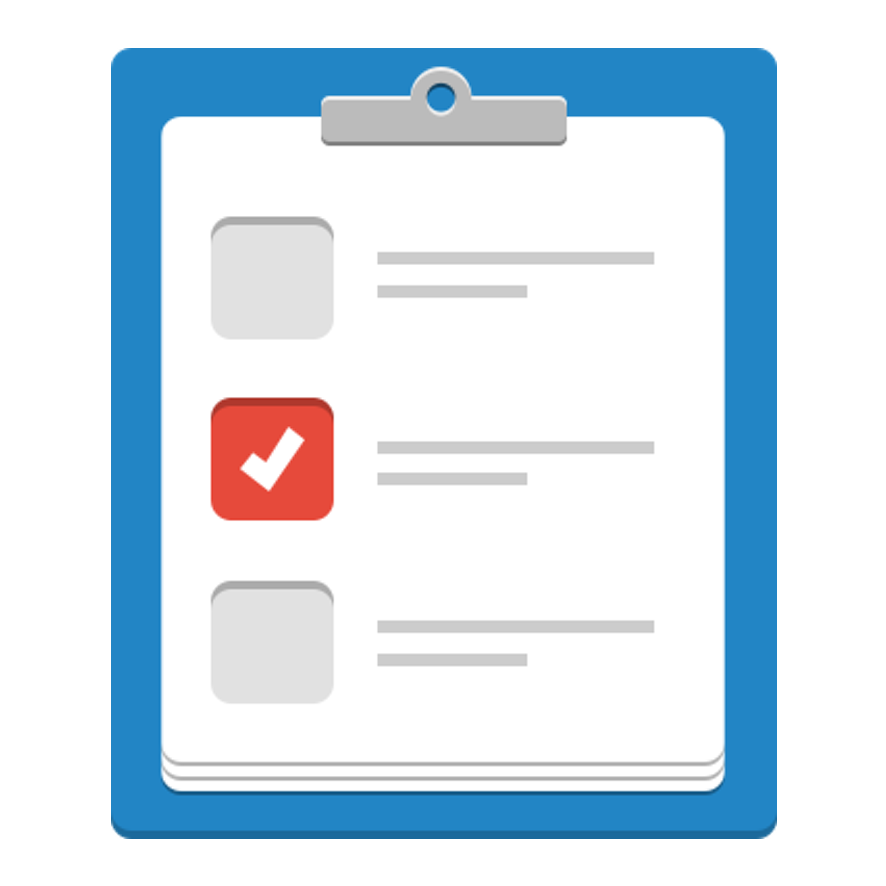Taxon DRAFT Profile
Version: 0.7-DRAFT (09 June 2020)
Bioschemas profile for describing a biological taxon
If you spot any errors or omissions with this type, please file an issue in our GitHub.
Key to specification table
- Green properties/types are proposed by Bioschemas, or indicate proposed changes by Bioschemas to Schema.org
- Red properties/types exist in the core of Schema.org
- Blue properties/types exist in the pending area of Schema.org
- Black properties/types are reused from external vocabularies/ontologies
CD = Cardinality
| Property | Expected Type | Description | CD | Controlled Vocabulary | Example |
|---|---|---|---|---|---|
| Marginality: Minimum. | |||||
| @context | URL | Used to provide the context (namespaces) for the JSON-LD file. Not needed in other serialisations. |
ONE | ||
| @type | Text | Schema.org/Bioschemas class for the resource declared using JSON-LD syntax. For other serialisations please use the appropriate mechanism. While it is permissible to provide multiple types, it is preferred to use a single type. |
MANY | Schema.org, Bioschemas | |
| @id | IRI | Used to distinguish the resource being described in JSON-LD. For other serialisations use the appropriate approach. | ONE | ||
| dct:conformsTo | IRI | Used to state the Bioschemas profile that the markup relates to. The versioned URL of the profile must be used. Note that we use a CURIE in the table here but the full URL for Dublin Core terms must be used in the markup (http://purl.org/dc/terms/conformsTo), see example. |
ONE | Bioschemas profile versioned URL | |
| name |
Text |
Schema: The name of the item. Bioschemas: Currently valid (zoological) or accepted (botanical) name for that taxon, with authorship and date information if known. |
ONE | ||
| taxonRank |
PropertyValue Text URL |
Schema: The taxonomic rank of this taxon given preferably as a URI from a controlled vocabulary (e.g. the ranks from TDWG TaxonRank ontology or equivalent Wikidata URIs) |
MANY | ||
| Marginality: Recommended. | |||||
| parentTaxon |
Taxon Text URL |
Schema: Closest parent taxon of the taxon in question. Inverse property: childTaxon Bioschemas: Direct, most proximate higher-rank parent taxon |
ONE | ||
| scientificName |
TaxonName |
Schema: A TaxonName representing the currently valid (zoological) or accepted (botanical) name for that taxon |
ONE | ||
| url |
URL |
Schema: URL of the item. Bioschemas: Link to the webpage associated to this taxon |
ONE | ||
| Marginality: Optional. | |||||
| additionalType |
URL |
Schema: An additional type for the item, typically used for adding more specific types from external vocabularies in microdata syntax. This is a relationship between something and a class that the thing is in. In RDFa syntax, it is better to use the native RDFa syntax - the ‘typeof’ attribute - for multiple types. Schema.org tools may have only weaker understanding of extra types, in particular those defined externally. Bioschemas: A Taxon type from a well known vocabulary, e.g. DarwinCore http://rs.tdwg.org/dwc/terms/Taxon or http://rs.tdwg.org/ontology/voc/TaxonConcept#TaxonConcept |
MANY | ||
| alternateName |
Text |
Schema: An alias for the item. Bioschemas: Scientific name, with authorship and date information if known, of a synonym of the currently valid (zoological) or accepted (botanical) name. |
MANY | ||
| alternateScientificName |
TaxonName |
Schema: A TaxonName representing a scientific name, with authorship and date information if known, of a synonym of the currently valid (zoological) or accepted (botanical) name |
MANY | ||
| childTaxon |
Taxon Text URL |
Schema: Closest child taxa of the taxon in question. Inverse property: parentTaxon Bioschemas: Direct, most proximate lower-rank child taxa |
MANY | ||
| description |
Text |
Schema: A description of the item. |
|||
| disambiguatingDescription |
Text |
Schema: A sub property of description. A short description of the item used to disambiguate from other, similar items. Information from other properties (in particular, name) may be necessary for the description to be useful for disambiguation. Bioschemas: Can be used to specify the taxon circumscription retained in this description, e.g. by denoting the scientific works that assert the status of the accepted/valid name and synonyms. |
|||
| dwc:vernacularName |
Text |
Bioschemas: A vernacular (common) name of the taxon |
MANY | ||
| identifier |
PropertyValue Text URL |
Schema: The identifier property represents any kind of identifier for any kind of Thing, such as ISBNs, GTIN codes, UUIDs etc. Schema.org provides dedicated properties for representing many of these, either as textual strings or as URL (URI) links. See background notes for more details. Bioschemas: A PropertyValue should be used to relate the taxon with couterparts identifiers within well known authorities such as GBIF, WoRMS, EoL etc. Wikidata properties may be used in this respect, e.g.: NCBI id (https://www.wikidata.org/entity/P685), GBIF id (https://www.wikidata.org/entity/P846), EoL id (https://www.wikidata.org/entity/P830), iNaturalist id (https://www.wikidata.org/entity/P3151), WoRMS id (https://www.wikidata.org/entity/P850), Fishbase id (https://www.wikidata.org/entity/P938), TAXREF id (https://www.wikidata.org/entity/P3186), … |
|||
| image |
ImageObject URL |
Schema: An image of the item. This can be a URL or a fully described ImageObject. |
|||
| isBasedOn |
CreativeWork |
Schema: A resource from which this work is derived or from which it is a modification or adaption. Supersedes, isBasedOnUrl. Bioschemas: A CreativeWork, such as a scholarly article, asserting the status of the accepted/valid name and synonyms, retained for the taxon circumscription |
MANY | ||
| mainEntityOfPage |
CreativeWork URL |
Schema: Indicates a page (or other CreativeWork) for which this thing is the main entity being described. See background notes for details. Inverse property: mainEntity. |
|||
| sameAs |
URL |
Schema: URL of a reference Web page that unambiguously indicates the item’s identity. E.g. the URL of the item’s Wikipedia page, Wikidata entry, or official website. Bioschemas: URL of third-party webpages describing the same taxon |
MANY | ||






